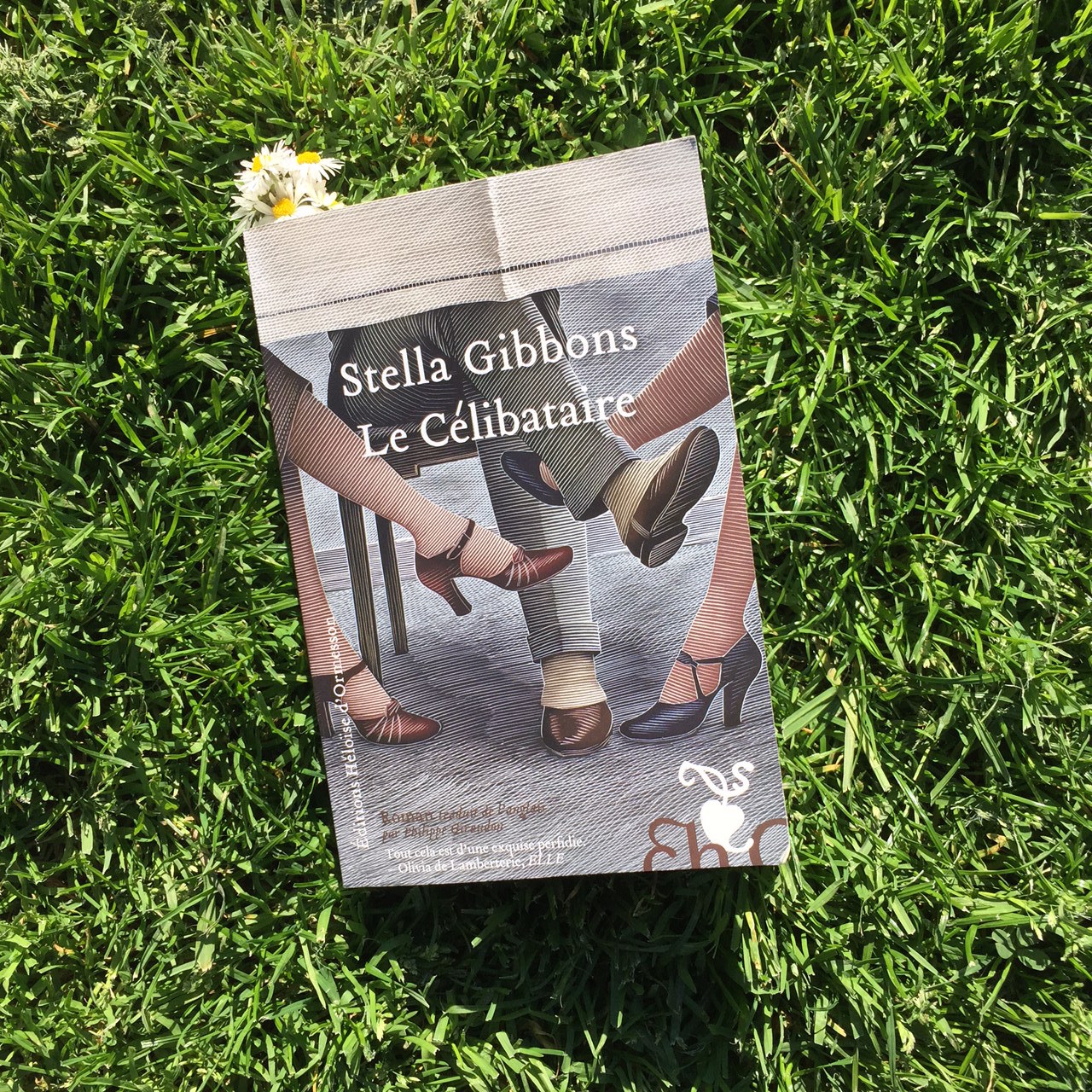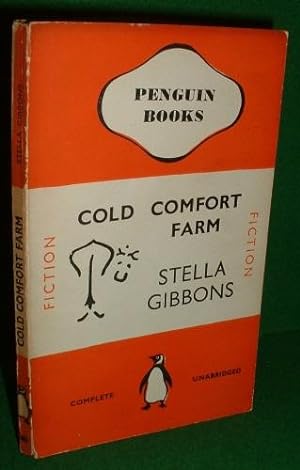
Of the winners of the Prix Étranger from this interwar period, only two are remembered in 2011 – the other is her own To the Lighthouse – and only one, Cold Comfort Farm, can claim to have introduced a phrase to our everyday language: when people talk of having seen "something nasty in the woodshed", they're referencing, whether they know it or not, the Starkadder family's presiding recluse, Aunt Ada Doom, who was driven mad by just such a vision as a child. Woolf was – not for the first time – quite wrong. "Still, now you and Rosamond can join in blaming her.

The following year the novel even won the Prix Étranger of the Prix Femina-Vie heureuse, a surprising literary award for a comic novel, and one that infuriated Virginia Woolf ("I was enraged to see they gave the £40 to Gibbons," Woolf wrote to Elizabeth Bowen. Everyone adored it, even if one critic was convinced that Stella Gibbons was a pseudonym for Evelyn Waugh. Gibbons believed she might have a hit on her hands early on: the girls who typed her manuscript laughed out loud at it, and when it was published in September 1932 so it proved.

She intended to call it Cold Comfort Farm. The book was to be a take-off of the "loam and love child" novels then so popular: novels such as Mary Webb's Precious Bane and Sheila Kaye-Smith's Sussex Gorse, in which earthy and primitive types, gloomy happenings and archaic rural landscapes are depicted in prose so overwrought that to call it purple would be a wild understatement ("the kind of story in which peasants have babies in cowsheds and push each other down wells", as Punch put it).

Soon after her arrival, however, Gibbons also began work on another, more exciting project, a novel – her "masterpiece", she jokingly called it – which she planned to write in spare moments, in a little room at the end of a passage in the Lady's Covent Garden offices. I n 1930 a young journalist called Stella Gibbons started a new job on the Lady, "the magazine for gentlewomen", where she applied her versatility as a writer to every subject under the sun, bar cookery, which was the province of a certain Mrs Peel.


 0 kommentar(er)
0 kommentar(er)
